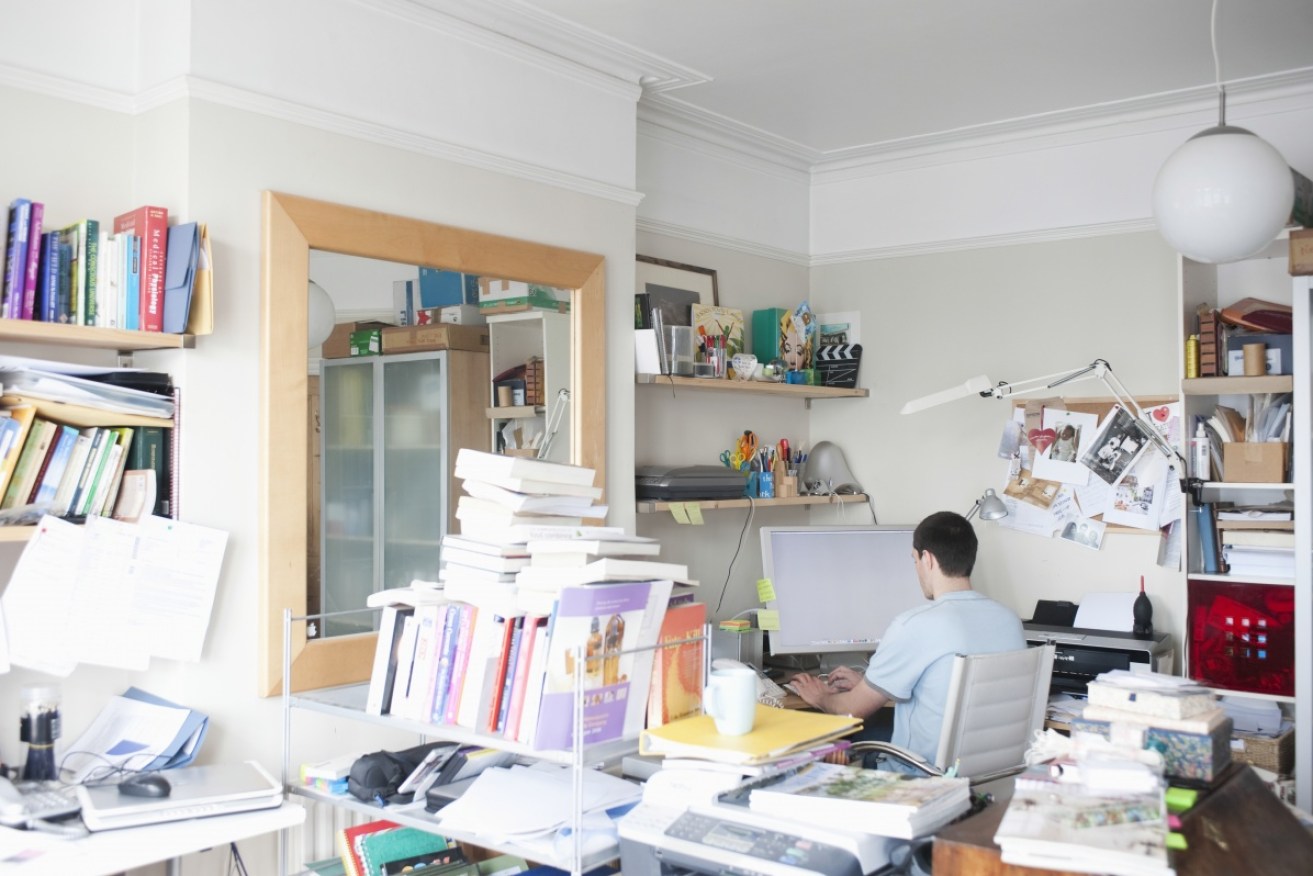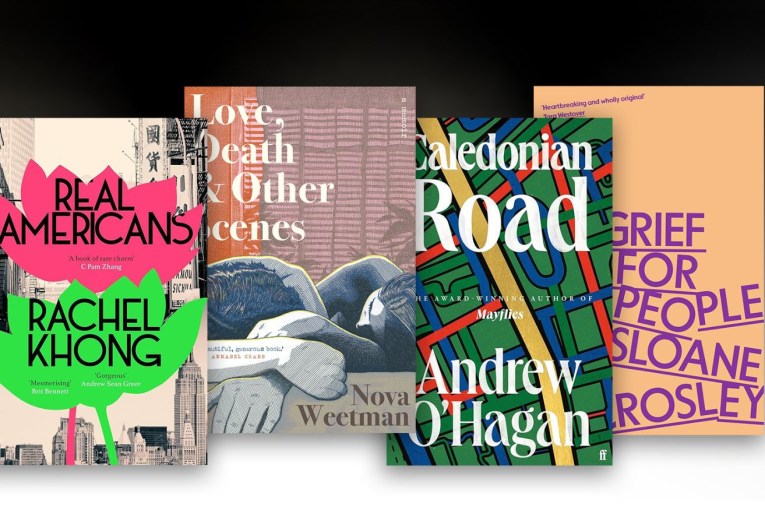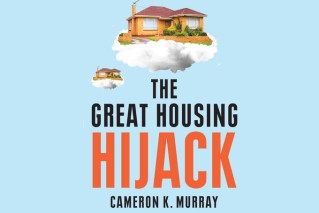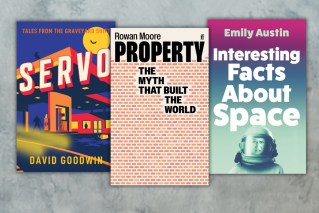Are you suffering from ‘stuffocation’?


Shutter Stock
Are you drowning in stuff? Has the novelty already worn off the trinkets you got for Christmas?
Maybe you’re suffering from ‘stuffocation’, a new term to describe society’s obsession with materialism.
In his book Stuffocation, Living More with Less (Penguin $29.99), author James Wallman says accumulating possessions is a serious health hazard on par with the obesity epidemic.
• What were the top 10 books of 2014? Find out here
• Flanagan’s Booker winner is a modern classic
“Overwhelmed and suffocating from stuff, we are suffering from an anxiety (called) stuffocation,” Mr Wallman writes.
“Having too much, doing too little and living a life focused on the accumulation of material things, is making people anxious and causing them stress.
“It can lead to the sort of depression that makes people die before their time, and since as many as two-thirds of us feel like we have too much stuff, stuffocation is clearly a very worrying problem.”

Are you suffering from ‘suffocation’? It’s a new term to describe society’s obsession with materialism.
According to Mr Wallman the antidote is to focus more on experiences, time spent with friends and family, rather than adding to our domestic clutter crisis.
Mr Wallman’s ideas are backed up by new research that shows that over-valuing money and possessions has a poisonous effect on the human psyche.
In an international survey of more than 10,000 people by marketing agency Havas Worldwide, half the respondents indicated they could happily live without most of their possessions.
Seventy per cent believed that overconsumption was a threat to society and the planet.
People were increasingly looking for ways to reduce their consumption, favoring a new economic model focused on community and sharing above accumulation and ownership the survey found.
According to the American Psychological Society it’s not owning stuff that causes us problems, rather it’s prioritising money, possessions and image that does the damage.
US psychologist Tim Kasser, who specialises in materialism and well being says “the more materialistic people were, the more they experienced unpleasant emotions, depression and anxiety, reported physical health problems, and the less they experienced pleasant emotions and felt satisfied with their lives”.
Three-step process for ending materialism:
“Step one, de-stuffocate. Step two, don’t re-stuffocate. Get rid of the stuff you don’t wear, don’t use, don’t need, and don’t go out and buy more stuff,” Mr Wallman said.
Step three was to spend the same amount of money as you would in a typical month, but invest in experiences, not things.
“If you do that, you’ll not only be happier, have more status, and a greater sense of who you are, you’ll also be one of the pioneers, leading the rest of society along the straightest, most aspirational, most fun road out of the storm of stuffocation,” he says.








